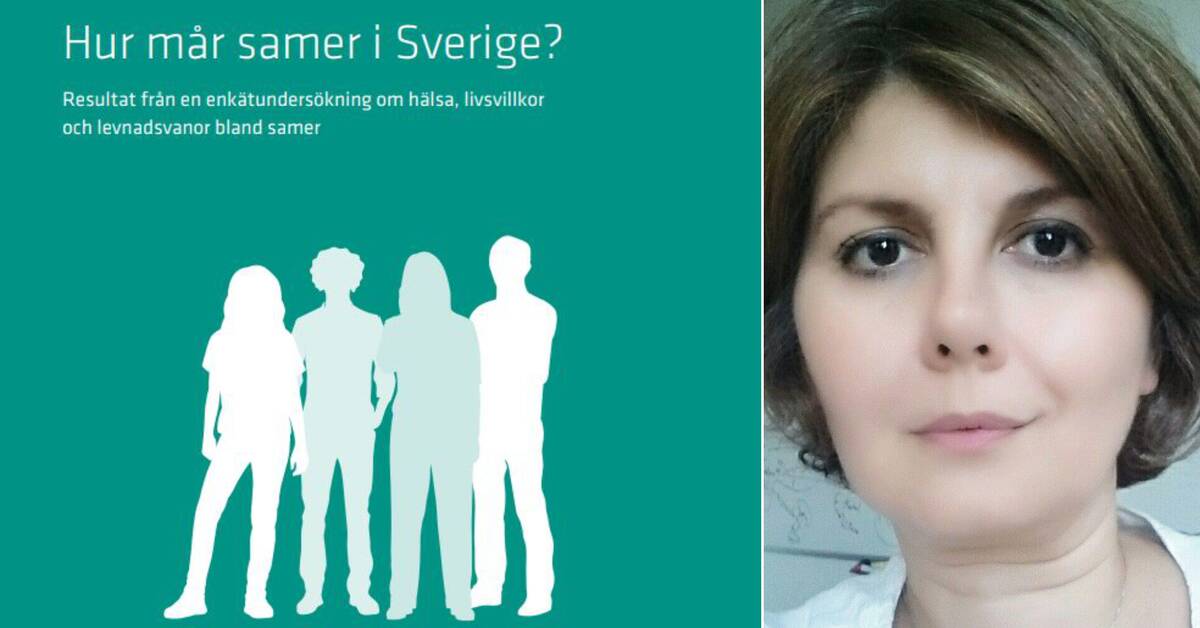A smaller proportion of Sami people compared to the national average report that they have difficulty sleeping (38.0 versus 43.5 percent).
Among the positives is also that fewer Sami people are sedentary for more than ten hours per day. Risk consumption of alcohol and tobacco is also less than for the general population. And although there is a slightly larger proportion who state that they have at some point considered or tried to take their own life, mental well-being is higher among Sami people (87.0 versus 85.3 percent).
Eating less fruit
But not everything is positive from a public health perspective. In terms of eating habits, the survey shows that a smaller proportion of Sami eat vegetables and root vegetables at least once a day (56.7 versus 65.7 percent in the rest of the population).
– A larger proportion of Sami people than the general population state that they have aches and pains in different parts of the body, asthma and allergies, as well as overweight and obesity, says Marjan Vaez, investigator at the Public Health Agency of Sweden, in a press release.
The results are generally on a par with the rest of the population. Most Sami, 73 percent, state that they have good general health.
Sami people report mental health problems such as anxiety, worry or anxiety to the same extent as the rest of the population, as well as diseases such as high blood pressure and diabetes.
Nearly 4,000 attended
The survey "How are Sami people doing in Sweden?" was conducted in 2021, the same year as the national public health survey. It was carried out in collaboration with the Lávvuo research group at Umeå University. The participants come from all over the country, and a total of 3,658 Sami people aged 18–84 have responded.
This is a first step towards long-term monitoring of the health of the Sami. The results will form the basis for preventive action.

